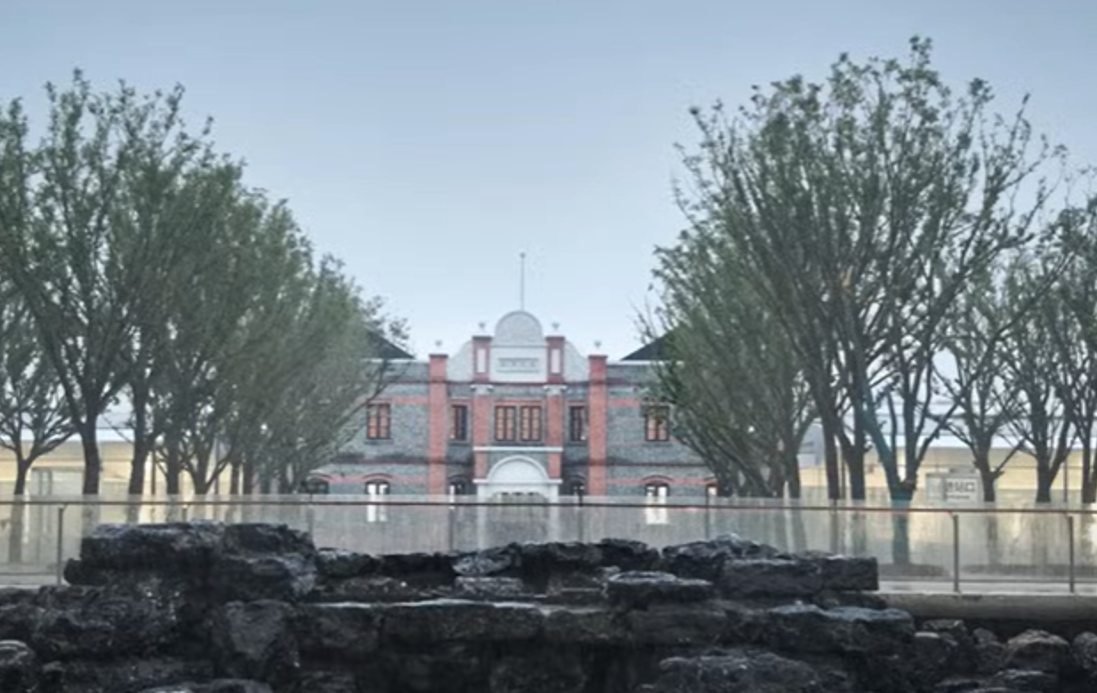#Future, #GreenBuilding, #Investments, #Sustainability
With over half the global population in urban areas producing 70% of CO₂ emissions, cities are pivotal in tackling climate and biodiversity crises. Currently, annual global financing for urban nature-based solutions (NbS) stands at $200 billion but must increase to $542 billion by 2030 to meet international climate, biodiversity, and sustainability goals. Expanding investments in NbS, such as green roofs, urban wetlands, and permeable surfaces, helps mitigate urban heat, manage flood risk, improve air quality, and enhance biodiversity.
A major barrier to advancing urban NbS is the lack of standardized tools and data, which limits effective integration into city budgets. Many municipalities struggle to systematically track and assess the impact of these initiatives. The proposed Urban NbS Framework offers cities a consistent approach to monitor budget allocations, identify funding gaps, and demonstrate accountability, making it easier for urban leaders to scale sustainable solutions.
Pilot projects in cities like Seattle and Toronto showcase NbS’s potential to foster community engagement and deliver co-benefits that support both people and ecosystems. By prioritizing nature in urban planning, cities worldwide can drive substantial progress toward global biodiversity targets, creating healthier and more resilient environments.
Read the full document here: https://bit.ly/3YSh3c2

MAD Architects’ design for the Jing train station integrates nature, history, and modern infrastructure for a unique transit experience.
Accessibility Tools